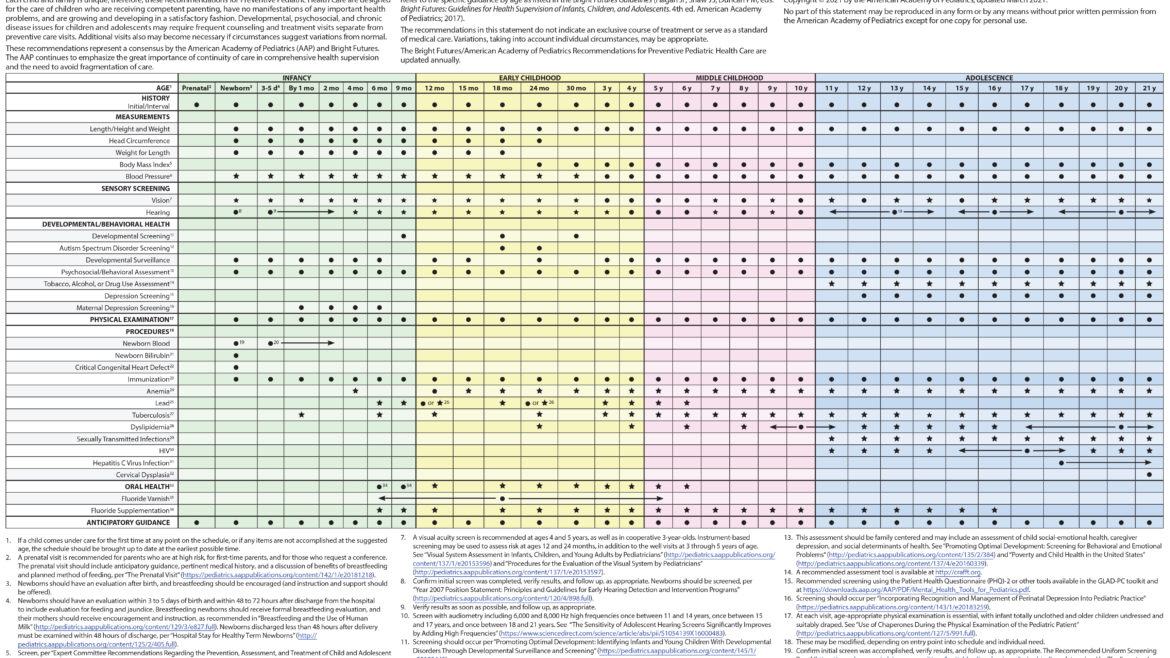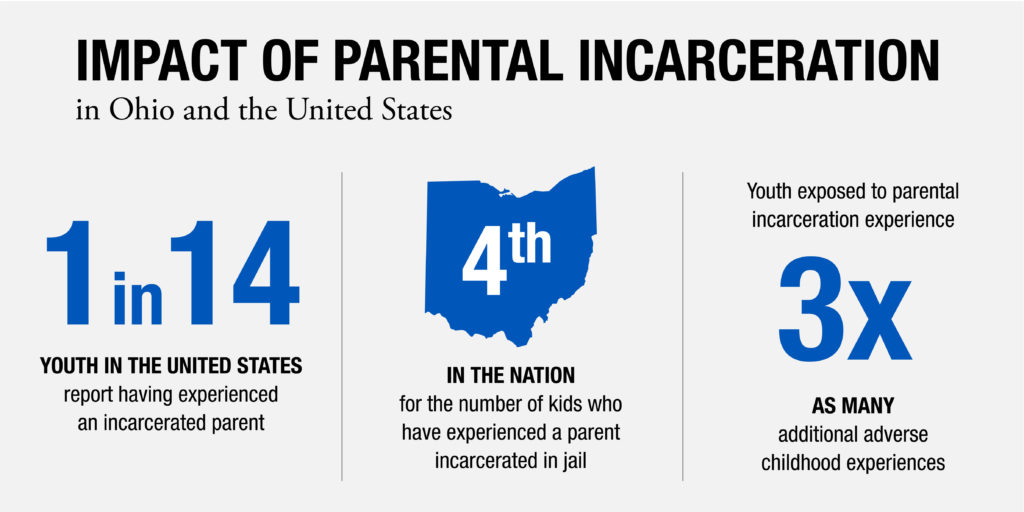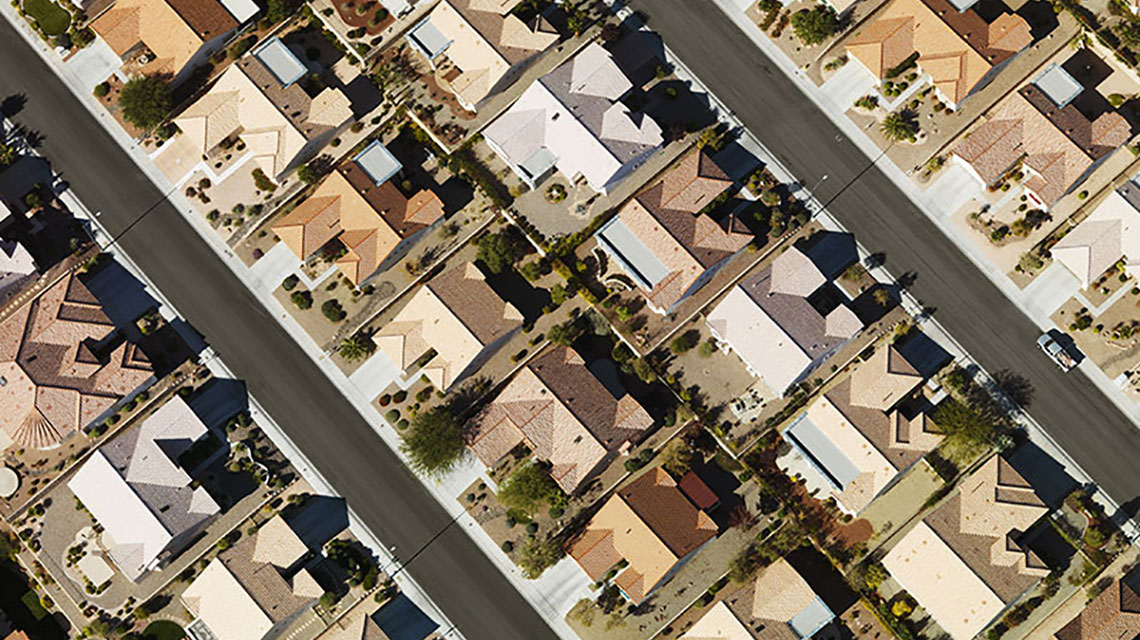New National “Vital Signs” to Measure Population-wide Pediatric Health
New National “Vital Signs” to Measure Population-wide Pediatric Health https://pediatricsnationwide.org/wp-content/uploads/2024/04/ITF148056-1024x683.jpg 1024 683 Jeb Phillips https://pediatricsnationwide.org/wp-content/uploads/2021/03/Jeb-Phillips.jpgIn 2017, an opinion piece in JAMA Pediatrics started this way: “We call for a national effort to develop a parsimonious set of quality and outcome measures for (all) children.” And now, for perhaps the first time in American pediatrics, that “parsimonious set: has been laid out to guide communities and health systems across the United…






